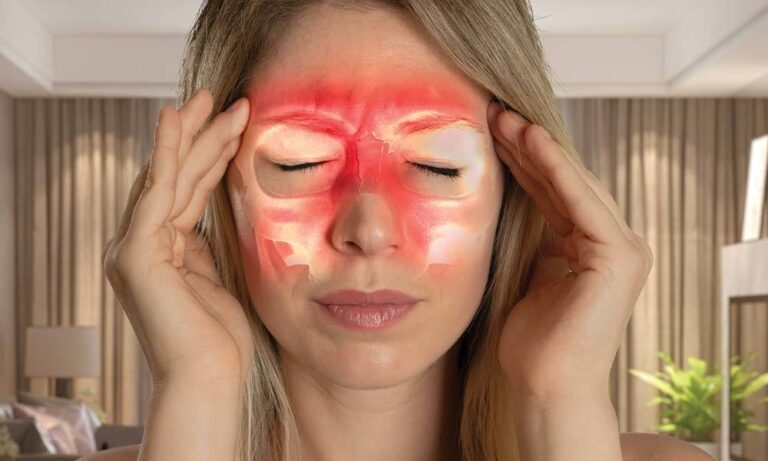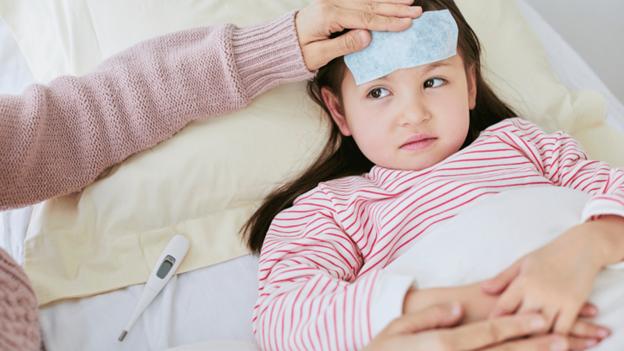Sleep is one of the cornerstones of physical and emotional development in adolescence. Yet, more and more parents and healthcare professionals observe that sleep disorders in teenagers are becoming increasingly common. Long summer breaks, late-night screen time, irregular schedules, and the stress of transitioning back to school all contribute to disrupted sleep patterns.
While occasional difficulty falling asleep or waking up tired may be normal, persistent sleep problems in teenagers can have a significant impact on mood, concentration, academic performance, and even long-term mental health. Understanding the signs, causes, and solutions is essential for parents who want to support their children.
Why are teenagers more prone to sleep disorders?
Adolescence is a unique stage of development, marked by biological, psychological, and social changes. The body undergoes hormonal shifts that directly affect sleep cycles. For example, melatonin, the hormone that signals the body it’s time to sleep, tends to be released later at night during adolescence. This natural delay makes it harder for teenagers to fall asleep early, even if they need to wake up early for school.
In addition to biological changes, external factors intensify the problem:
- Irregular schedules in summer – Staying up late during vacation months disrupts circadian rhythms.
- Increased screen time – Exposure to blue light from phones, tablets, and laptops suppresses melatonin production.
- Academic and social pressure – Anxiety about grades, peer relationships, or life transitions can interfere with falling and staying asleep.
- Stimulants – Energy drinks, excessive caffeine, or even late-night snacks can worsen sleep quality.
Common signs of sleep disorders in teenagers
Parents often dismiss sleep problems as “typical teenage behavior.” However, recurrent issues may indicate an underlying disorder that requires attention. Warning signs include:
- Difficulty falling asleep before midnight, despite fatigue.
- Restless or interrupted sleep, with frequent awakenings.
- Morning irritability and difficulty waking up for school.
- Daytime sleepiness, dozing off during classes or while studying.
- Declining academic performance and poor concentration.
- Increased mood swings, anxiety, or signs of depression.
When these symptoms persist for weeks or months, they should not be ignored.
Types of sleep disorders in teenagers
Not all sleep disorders in teenagers are the same. The most common include:
- Delayed Sleep Phase Syndrome (DSPS) – Teenagers naturally shift to a later bedtime, but when this becomes extreme, it causes chronic sleep deprivation.
- Insomnia – Difficulty initiating or maintaining sleep, often linked to anxiety or stress.
- Sleep apnea – Interrupted breathing during sleep, sometimes linked to obesity or anatomical issues, leading to poor rest and daytime fatigue.
- Parasomnias – Night terrors, sleepwalking, or frequent nightmares that disrupt healthy sleep cycles.
Identifying the exact disorder is essential for choosing the right management approach.
The impact of sleep disorders on teenagers’ lives
Lack of proper sleep doesn’t only cause tiredness. It affects every aspect of a teenager’s life:
- Academic performance – Concentration, memory, and learning abilities decline.
- Emotional health – Sleep deprivation is strongly linked with anxiety, depression, and irritability.
- Physical health – Weakened immune system, weight gain, and risk of cardiovascular problems.
- Social life – Teens may withdraw from friends or struggle to maintain relationships due to mood swings.
Chronic sleep deprivation can also increase the risk of developing more serious psychiatric disorders later in life.
When to seek psychological support
Parents often ask: When should we involve a psychologist for sleep problems? The answer lies in the persistence and severity of symptoms. A psychological consultation is recommended when:
- Sleep problems last more than 3–4 weeks.
- Anxiety or depressive symptoms are present.
- The teenager expresses hopelessness, irritability, or lack of motivation.
- Family conflicts arise around bedtime or morning routines.
- School performance is consistently declining.
Psychological support helps teenagers identify the root causes of their sleep problems, develop healthier coping strategies, and learn relaxation techniques that promote restful sleep.
The role of Dr. Kass at Family Clinic
At Family Clinic, Dr. Kass, a US-accredited psychologist specializing in adolescent psychology, offers tailored support for teenagers facing sleep disorders. Working in English, she provides both counseling and structured interventions for expatriate families and local patients.
Her approach focuses on:
- Building awareness of healthy sleep hygiene.
- Addressing anxiety, stress, and emotional triggers that worsen sleep.
- Teaching relaxation techniques such as guided breathing and cognitive-behavioral strategies.
- Supporting parents in creating a balanced routine at home.
For expatriate families, additional challenges such as cultural adaptation and relocation stress can amplify sleep issues. Dr. Kass provides culturally sensitive counseling that acknowledges these unique difficulties.
What parents can do at home
Alongside professional support, lifestyle adjustments are critical in addressing sleep disorders in teenagers:
- Establishing a consistent bedtime and wake-up routine.
- Limiting screen exposure at least one hour before sleep.
- Creating a calm bedroom environment, free from noise and excessive light.
- Encouraging physical activity during the day, but avoiding intense exercise right before bedtime.
- Monitoring caffeine intake and discouraging energy drinks.
Sleep disorders in teenagers are not just a passing phase of adolescence. Left untreated, they can affect academic success, mental health, and family dynamics. While some sleep changes are normal during this stage of life, persistent problems require professional evaluation.
A consultation with a psychologist can be the turning point, helping both teenagers and parents navigate the emotional and behavioral aspects of disrupted sleep. At Family Clinic, Dr. Kass offers compassionate, personalized support to ensure that every teenager can enjoy not only restful nights but also balanced days full of energy and focus.


